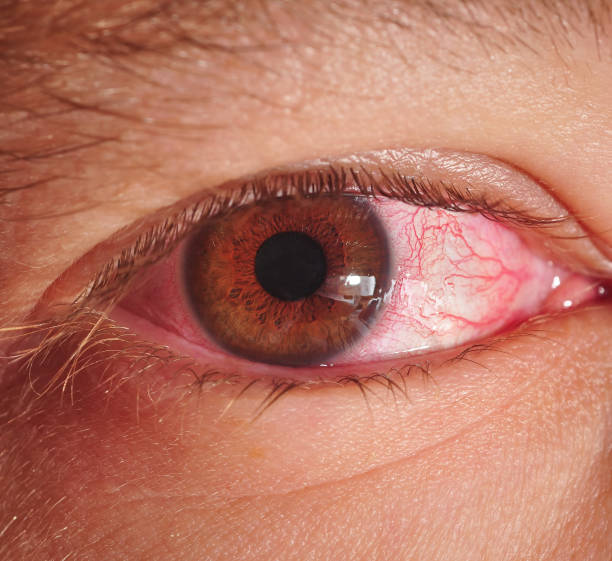It is difficult for many people to admit they are addicted to drugs or alcohol. Individuals often hide their addictions from loved ones by going to extremes. Unfortunately, hiding an addiction can lead to abusers staying in the same cycle for longer.
These signs will help you decide if your loved one is suffering from a drug or alcohol addiction and why it seems like your loved one doesn’t want help with addiction. Your loved one’s chances of long-term recovery are greater if he or she seeks help as soon as possible.
Their Moods Are Unpredictable
People can experience erratic mood swings from many drugs, including alcohol, methamphetamine, and other stimulants. The most commonly abused drugs can make someone extremely energetic, chatty, and hyperactive. The individual will feel lethargic, irritable, and agitated after the drugs have worn off. An addiction is a condition that causes outbursts and mood swings from one extreme to another so this is one major sign that your family member may be hiding their addiction.

They Don’t Want to Spend Time With Anyone Anymore
People who abuse drugs and alcohol often withdraw from their loved ones. This may be done to conceal their substance abuse, or to allow them to consume more of the drug of their choice privately. To avoid being seen intoxicated, people with an alcohol or drug addiction may avoid situations where they might be exposed to others.
A person who is addicted may also withdraw from their loved ones due to the fact that they have started to prioritize drugs and alcohol first. It can be difficult for loved ones to understand why someone is withdrawing since they are not experiencing the addiction.

Their Physical Appearance is Suddenly Changing
Addicts or users of drugs or alcohol may exhibit physical signs and symptoms. These physical signs may become more obvious as their addiction progresses. Some of the most common physical effects of addiction include rapid weight loss or weight gain, feeling lethargic, small pupils, bloodshot eyes, scabs or track marks on the skin, loss of care of personal hygiene, loss of appetite, congestion, and more.
Keep in mind that different drugs can lead to different physical changes. If you notice sudden physical changes in your loved one, this could be an indication that they are struggling with addiction.

They Become Careless With Their Money & Belongings
It’s common for people to experience financial hardship in their lifetime. However, those who abuse drugs or alcohol frequently face unexpected and unexplainable financial problems. This happens because a person is unable to pay their bills due to the need to get drugs and alcohol. Substance abuse leads addicts to decide to purchase drugs and alcohol regardless of their future bills. They may also sell their personal property in order to be able to afford them. A person with an addiction might also borrow or steal money from their loved ones.

Without Drugs, They Start Showing Withdrawal Symptoms
When they stop using drugs or alcohol, addicts are likely to experience withdrawal symptoms. Although they may try to hide withdrawal symptoms, many symptoms can be easily seen by others, such as excessive sweating, irritability, fatigue, extreme mood swings, change in appetite, vomiting, paranoia, and flu-like symptoms. The withdrawal symptoms of addiction will become more severe with more severe cases. It is recommended, however, that addicts experience detoxification and medically supervised withdrawal in a reputable rehab center.

They Begin Hiding Alcohol, Drugs, & Drug Paraphernalia in the Home
Addicts to drugs and alcohol will keep a stash of the substance they use hidden. Their drugs and alcohol may be hidden in their homes or other areas that are close to them. For example, a bottle of wine in your fridge is normal, but multiple bottles of wine scattered throughout your home are not.
You may notice your loved one disappearing from home or acting suspiciously. This could indicate that he or she is using drugs or alcohol hidden from your view. You can find hidden substances by keeping an eye on your loved ones or looking around the home.

Conclusion
Addicts to drugs and alcohol will often try to hide their problems as long as they can because they don’t want help for their addiction. This can often lead to them suffering for many months, if not years. It is important to confront your loved ones if they are hiding an addiction and support them on their journey to recovery. Contact a specialist to learn more about hidden addiction and the programs that help with drug and alcohol addiction.

